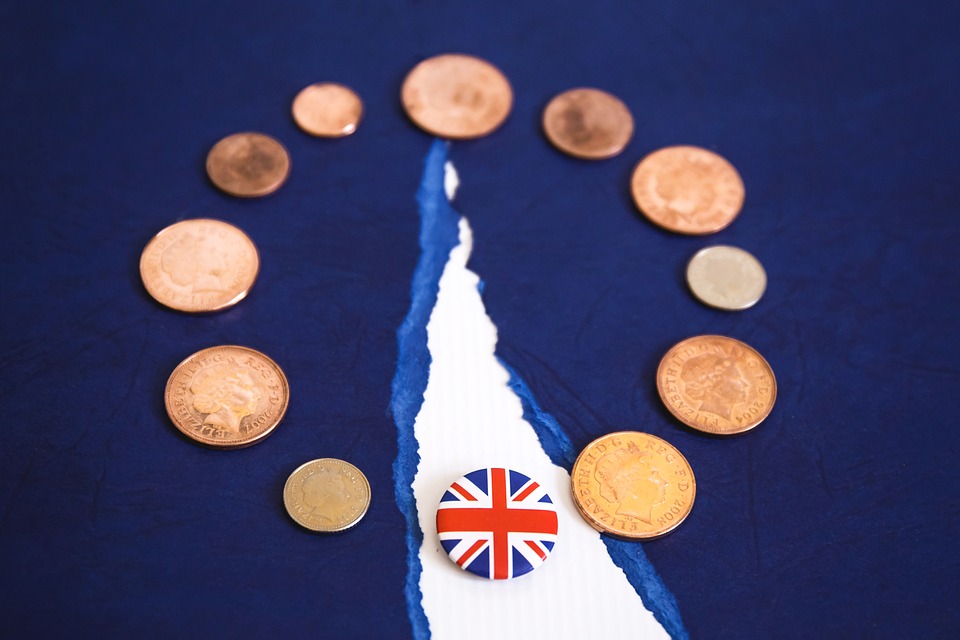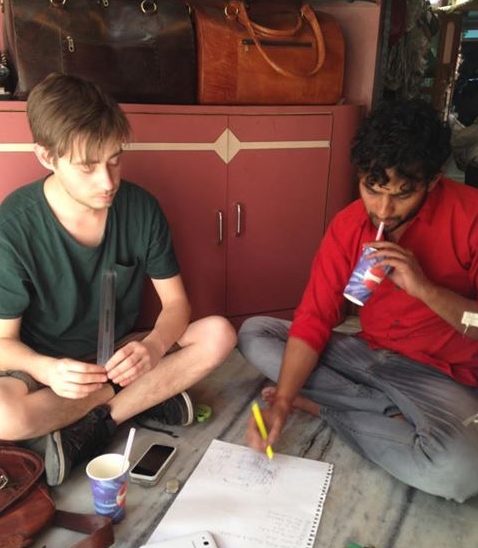One of the conversations we have had multiple times in the last year is the effect of Brexit on small businesses. It’s a complex issue with many facets to consider, and with many unintended consequences stemming from it.
Today we’re featuring a guest blog by What Daisy Did who shed a light on the effect of Brexit on their business, and what to do about it.

With the impending exit of Britain from the European Union comes massive uncertainty about the economic climate, and the repercussions of Brexit on small ethical businesses are yet to be completely clear.
Most people are unaware of the threat to our livelihoods and continue to shop for fast fashion from high street retailers who manage to sell their overseas made goods for the same prices despite the drop in the pound.
By using offshore accounts and exchange rate insurances, these big multinationals are able to shift funds around in a way that smaller businesses with no money flexibility can not, and futher, have no qualms about reducing their workers’ wages to offset their overheads.
For those of us that import Fairtrade goods from outside the UK, pay fair wages and aim to bring ethical fashion to consumers for a reasonable price, the hit has already come hard.
Most of our business involves importing goods from India.
Our bags are handmade from recycled materials by small communities in India. We pay a fair wage. We pay our import taxes, VAT and corporate tax and we put a modest mark up on all our products.
Since the vote in June 2016, the British pound in contrast to the Indian rupee has dropped by almost 20%, and without wanting to increase our prices for consumers or put pressure on our producers we have taken that huge hit ourselves.
Brexit, for some, was a vote to ‘make Britain great again’, which is great if it is a vote for a better British industry. But were these people aware of the effects that might occur from our move away from globalisation? And are they going to start buying more from British manufacturers?
Doing so might have an effect on a small scale but the reality is that the industrial revolution has long passed. Do we still have what it takes to mass manufacture?
Yes, we can aspire to be world leaders in the finance and technology markets, but we produce very few raw materials for physical manufacturing itself. Almost all of our manufacturing relies on imported components to create finished products.
Almost all imports have experienced a price increase. There’s a catch 22 here situation here, the same as for our finished goods from India. How do you deal with the price fluctuations and still make a profit?
Uncertainty of the future also means that consumers are less willing to spend money on luxury items.
During the last recession, luxury product businesses were the first to be wiped out as people put their money away and spent money conservatively. Budget chain stores with big offshore accounts selling fast fashion saw a profit increases, whilst independent brands suffered.
For British manufacturing to take off, we need to start supporting local manufacturing, and yet in times of hardship people buy Swedish furniture, wear Bangladeshi sweatshop-manufactured clothing and shop at German supermarkets.
It seems to me that in order for small, ethical businesses to survive these changes there needs to be a collective shift in the mindset of everyone ranging from consumers to the CEOs of multinational conglomerates.
Only then will Brexit (maybe) be able to work for all of us.
What Daisy Did was founded in 2013 by husband and wife team Daisy and Ozric who having spent several years working in various sustainability focused projects went travelling to India. This opened their eyes to the reality of humanities disposable lifestyle in the UK compared to the ingenuity of the recycling of materials in India and led them to create a fashion brand whose products were beautiful, functional, affordable and tackled waste from every angle. Daisy and Ozric are strong advocates of slow fashion, a term which describes the battle against reckless consumerism in the fashion industry (fast fashion).
Disclaimer: The views and opinions expressed in this article are those of the authors and do not necessarily reflect Blue Patch’s views.





